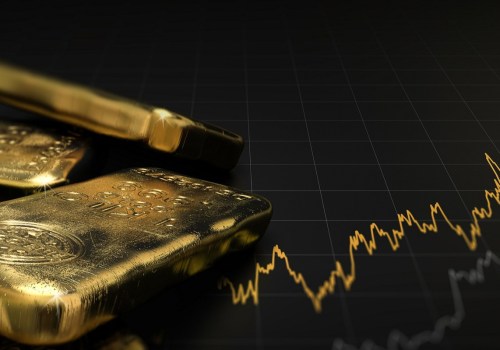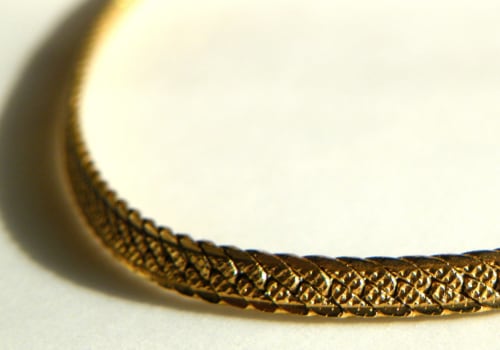A pawn shop can also sell gold. Keep in mind the spot price of gold, the price per ounce right now in the market, as you buy, so you can make a fair deal. Investing in gold stocks, ETFs, or mutual fund is often the best way to expose yourself to gold in your portfolio. You may be familiar with the popularity of gold coins from infomercials and other ads.
This way of buying and selling gold is well known and often more convenient than gold bars because of their smaller size. Investors can buy gold coins from collectors or private traders and eventually sell them for profit. Dealers are located in most cities, making it easy to buy coins from. To make buying easier, gold coins are one of the best ways to invest in gold for beginners.
For most investors, buying shares in a streaming company and royalties is probably the best option to invest in gold. These companies provide miners with cash in advance for the right to purchase gold and other metals from specific mines at reduced rates in the future. They are like specialized financial companies that are paid in gold, which allows them to avoid many of the headaches and risks associated with mining a mine. Contracts generally require a minimum purchase of 100 ounces of gold.
Novice investors should be extremely cautious with futures contracts due to the high degree of indebtedness that normally entails. An increasingly common way to access the gold market is Internet Investment Gold (IIG). Internet Investment Gold allows investors to buy physical gold online, store it in professional vaults and take possession of it in case of need. As such, Internet Investment Gold offers investors a very convenient way to profit from the absolute ownership of physical gold.
Investors who prefer the idea of owning mining shares rather than direct exposure to gold can effectively own a portfolio of miners by investing in a mutual fund. However, with the exception of some industrial uses, such as electronic components, most gold sales are driven by jewelry production and investment demand. Although gold hunting was a common practice during the California Gold Rush, today it is extracted from the ground. If the market crashes, the value of your investment could fall even if the price of gold doesn't change.
Bullion is physical gold of high purity, usually in the form of bullion, bullion, coin or round (which are often confused with coins due to their circular shape, but are closer to gold bars in that they are not legal tender and do not differ from year to year). If you're concerned about inflation and other calamities, gold can offer you a safe haven to invest. Throughout history, few investments have rivaled gold in popularity as a hedge against almost any kind of problem, from inflation, economic turmoil or currency fluctuations, to war. Minting of these coins ceased that year; in response to gold grabbing during the Great Depression, President Franklin Roosevelt signed an executive order asking for gold held by Americans, exempting only coins of recognized numismatic value.
So there is a big difference between the availability of gold and the amount of gold there is in the world. Some retailers consider buying more than 100 gold bars (or 500 gold coins) to be a “bulk” purchase, but this will largely depend on the seller. Despite its ancestral charm, gold isn't always the heavy investment that movies and TV shows may have led you to believe. Just keep in mind that financial advisors generally don't recommend investing more than about 10% of your total assets in gold.
The SPDR Gold Shares ETF (GLD), for example, holds physical gold and deposit receipts, and its price follows the price of physical bullion. However, with the right amount of research, gold can be a great addition to your investment portfolio, especially in these times. Perhaps the best option for most investors looking to own physical gold is to buy gold bars directly from the U. Both investors and financial institutions buy physical gold for these purposes and, more recently, exchange-traded funds that buy gold on behalf of investors.
. .



